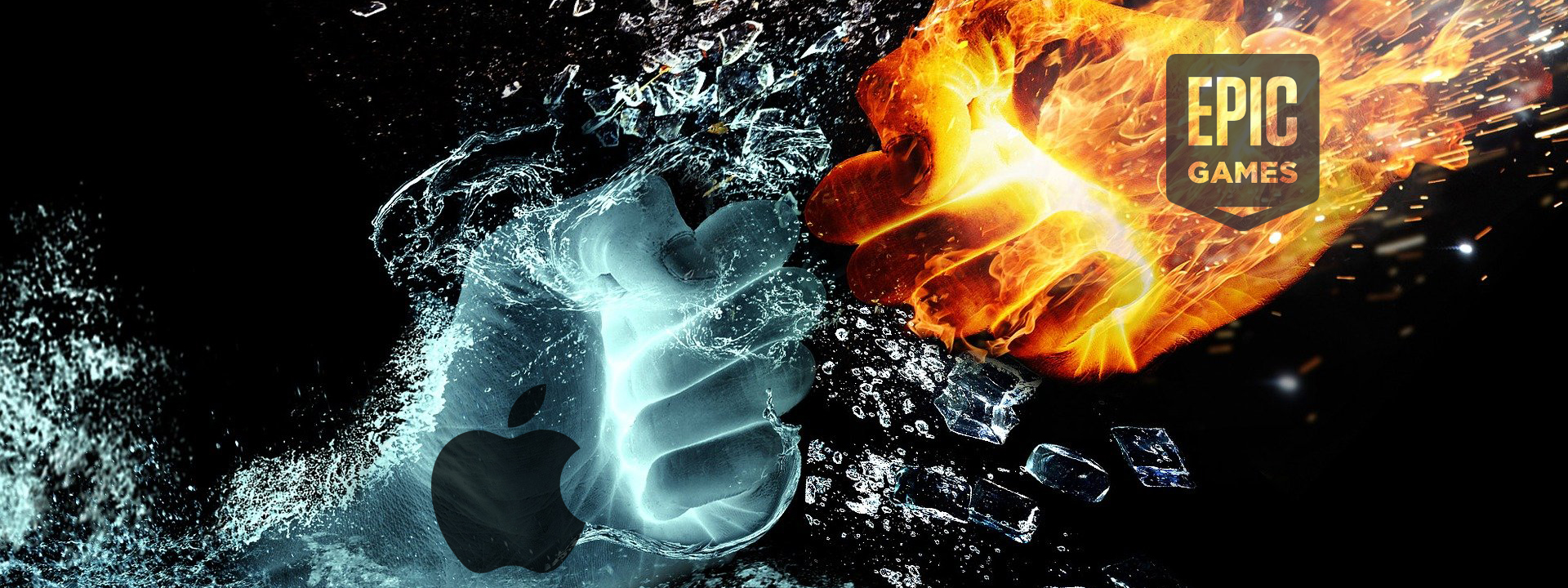
Fortnite is finally back on iPhone, but not for most customers
posted Sunday Aug 18, 2024 by Scott Ertz
After years of battle between Epic Games and Apple, the popular battle royale title Fortnite has finally returned to the iPhone. Joining the game itself is the all-new Epic Games Store, which is now available to iPhone users, bringing access to games and services that may not be available through the native App Store. But, unfortunately, they are only available to iPhone users in the European Union, leaving out much of the overall customer base.
The return of Fortnite
The return of Fortnite on iPhones across the EU, through the new Epic Games Store, marks a major milestone in a four-year battle between Epic Games and the mobile platforms. In particular, with Apple - Google mostly followed Apple's lead. Thanks to a ruling by the European Union, Apple and Google were both deemed to be in violation of anti-monopoly rules, forcing them to open up their platforms to, among other things, third-party app stores.
By introducing external app stores, apps and games that do not follow Apple's App Store rules are given a new life and new discoverability. For example, there are harmless apps that have violated App Store policies and been denied access to the distribution of native apps on iPhones. However, they can be given the opportunity to thrive without the thumb of Steve Jobs' ghost pressing down on them.
How did we get to this point?
The legal battle between Apple and Epic Games began in August 2020 when Epic Games introduced a direct payment system in its popular game, Fortnite, bypassing Apple's App Store payment mechanism. This move was a direct challenge to Apple's policy, which mandates that all in-app purchases go through its payment system, subject to a 30% commission. In response, Apple removed Fortnite from the App Store, prompting Epic Games to file a lawsuit against Apple, accusing it of monopolistic practices and unfair control over app distribution and payments.
The trial, which took place in May 2021, saw both companies presenting their cases over several weeks. Epic Games argued that Apple's 30% commission was excessive and that its control over the App Store stifled competition and innovation. Apple, on the other hand, defended its policies, stating that the commission was standard across the industry and necessary to maintain the security and quality of the App Store. In September 2021, the court ruled in favor of Apple on most counts but found that Apple's anti-steering policies, which prevented developers from informing users about alternative payment methods, were anticompetitive.
Both companies appealed the ruling, and the legal battle continued for several years. In January 2024, the Supreme Court denied the full appeals of both Apple and Epic Games, leaving the initial ruling largely intact but requiring Apple to allow developers to include notices of alternate payment systems within their apps. This decision was seen as a partial victory for both sides, as it upheld Apple's overall control of the App Store while addressing some of Epic's concerns about payment options.
The company continued its fight in other jurisdictions, receiving the best results in the EU. The European Union has taken a hard stance on Big Tech companies, particularly against Apple. Epic Games saw an opportunity to challenge the company's market position. The Digital Markets Act sprang out of this fight, and opened up the ability for Epic to bring the Games Store to iPhone in the EU.

